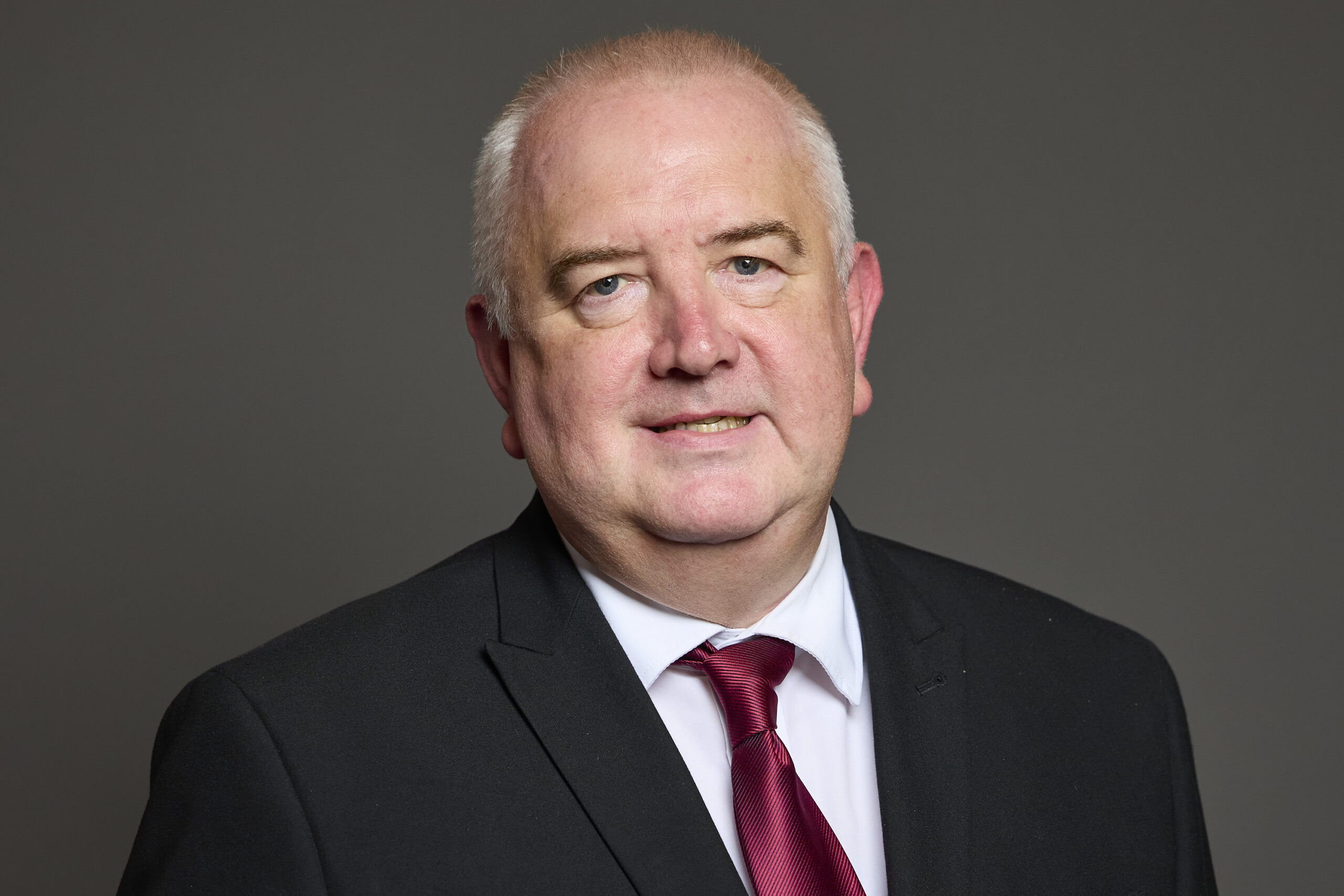‘Last week in Westminster Hall, I had the privilege of leading a debate on financial inclusion – a subject that touches the lives of millions across the UK. The discussion was impassioned and cross-party, reflecting the urgency of the issue and a shared commitment to ensuring that everyone, regardless of income, ability, or location, can access the financial services they need to live with dignity and security.
Financial exclusion is not a fringe issue. It affects over 20 million people in the UK, with 14 million having less than £100 in savings. In Glasgow North, 44% of adults are financially vulnerable, significantly above the national average. These are not just statistics; they represent families unable to weather financial shocks, disabled individuals denied autonomy over their money, and communities left behind by the closure of bank branches and ATMs.
During the debate, I highlighted the work of Glasgow TAG (The Advisory Group), an organisation led by people with disabilities and abilities, whose members have faced discrimination in bank branches, digital exclusion, and the erosion of access to cash. TAG’s banking campaign steering committee was formed in response to growing frustration among disabled people about how banking systems exclude them, both in terms of access and treatment. Their experiences are a stark reminder that our financial system must be inclusive by design.
I brought their voices directly into Parliament, sharing stories of individuals being ignored in branches, denied access to their own accounts, or treated with suspicion. These are not isolated incidents, they reflect systemic failures in how financial institutions engage with disabled customers. TAG’s members have called for mandatory disability awareness and equality training across the banking sector, and I support that call.
Access to cash remains a critical issue. Many disabled people rely on cash for daily budgeting, yet the shift to card-only businesses and the closure of free-to-use ATMs have created ‘cash deserts.’ In Glasgow North, there has been a 22% decrease in free ATMs since 2019. Quarriers, one of Scotland’s largest social care charities, reports that 76% of people with learning disabilities rely on support with their finances, and the same proportion use bank cards to withdraw cash. When cash access disappears, so does financial independence for many.
I welcome the Government’s commitment to publish a national financial inclusion strategy and the appointment of the Financial Inclusion Committee. These are important steps, but they must be matched by action. That means protecting access to cash, expanding banking hubs, mandating disability awareness training in financial institutions, and tackling the poverty premium in insurance and utilities. The Minister confirmed that accessibility is a cross-cutting theme in the forthcoming strategy, and I hope this will lead to real change.
Beyond the issues raised by TAG, other groups such as the Royal National Institute of Blind People have highlighted barriers to financial independence. Only two in five blind and partially sighted people manage their finances independently, often due to inaccessible formats, lack of trained staff, and digital exclusion. These challenges must be addressed through inclusive design and tailored support.
Ultimately, financial inclusion is about more than banking – it’s about participation in society. When people are excluded from financial services, they are excluded from opportunity. I will continue to work with colleagues across Parliament, with disability groups, and with industry to ensure that the forthcoming strategy delivers real change. I welcome the Minister’s confirmation during the debate that the national financial inclusion strategy will be published before the end of the year – this must be a springboard for action.
We must build a financial system that works for everyone. The time for action is now.’
Financial inclusion is about more than banking – it’s about participation in society


